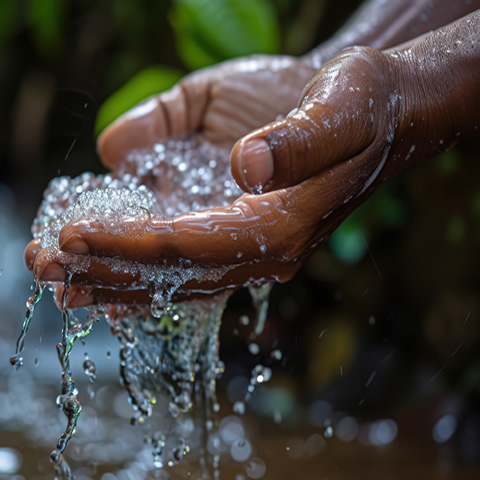Our Programmes

Zero Hunger
The Childs Cultural Right & Advocacy Trust Agency is dedicated to promoting and protecting the cultural rights of children, including their right to access nutritious food and meals at school. Nutrition plays a critical role in a child's development and well-being, and ensuring that all children have access to healthy meals is essential for their growth and learning.
School feeding programs are an important aspect of ensuring that children have access to nutritious meals, particularly for those from disadvantaged backgrounds. These programs not only provide children with the essential nutrients they need to thrive, but also help to address issues of food insecurity and malnutrition.
Our foundation works to advocate for the implementation of effective school feeding programs that prioritize the nutritional needs of children. We believe that all children have the right to access healthy and culturally appropriate food, and we work to support policies and initiatives that promote food security and nutrition in schools.
By advocating for the cultural rights of children in relation to nutrition and school feeding, we aim to create a healthier and more equitable future for all children. Join us in our efforts to ensure that every child has access to the nutritious meals they need to thrive.

Quality Education
This program aims to ensure inclusive and equitable quality education and promote lifelong learning opportunities for all. It focuses on several key areas:
Access to Education: Efforts are made to eliminate barriers that prevent children from attending school, such as economic hardship, gender discrimination, and geographical isolation. Scholarships, free school meals, and transportation services can help increase attendance.
Learning Environments: Creating safe and effective learning environments is crucial. This includes building and maintaining schools with adequate facilities like clean water, sanitation, electricity, and internet access.
Teacher Training: Investing in professional development for teachers to ensure they have the skills and knowledge to provide high-quality education. This includes ongoing training in new teaching methods and subject matter expertise.
Curriculum Development: Updating and enhancing curriculums to make them more relevant and inclusive, incorporating technology and 21st-century skills.
Reducing Disparities: Special programs aimed at marginalized groups, including girls, children with disabilities, and those in conflict zones, to ensure they receive a quality education.

Clean Water and Sanitation
This program strives to provide universal access to safe and affordable drinking water, as well as adequate sanitation and hygiene. Key initiatives include:
Infrastructure Development: Building and upgrading water supply systems, sanitation facilities, and sewage treatment plants to ensure clean water and proper sanitation.
Water Quality Monitoring: Regular testing and monitoring of water sources to ensure they are free from contaminants and safe for consumption.
Hygiene Promotion: Educating communities about good hygiene practices, such as handwashing with soap, to prevent the spread of diseases.
Waste Management: Implementing effective waste management systems to reduce pollution and protect water sources from contamination.
Sustainable Water Use: Promoting water conservation techniques and efficient use of water resources to address water scarcity and ensure long-term availability.
